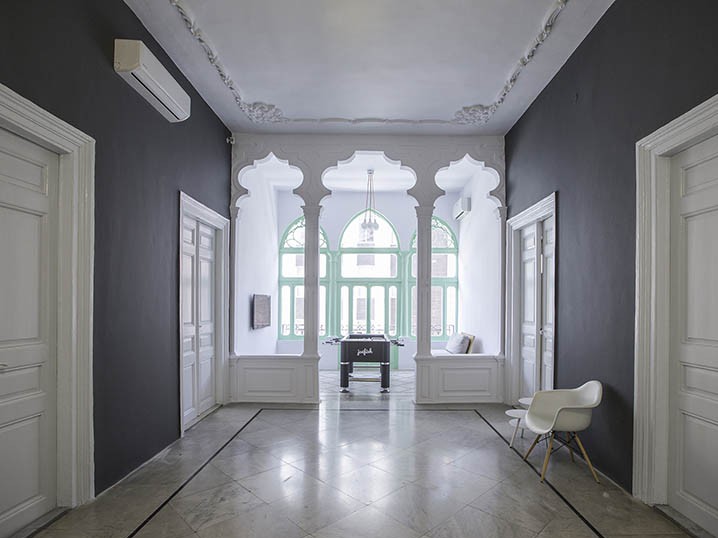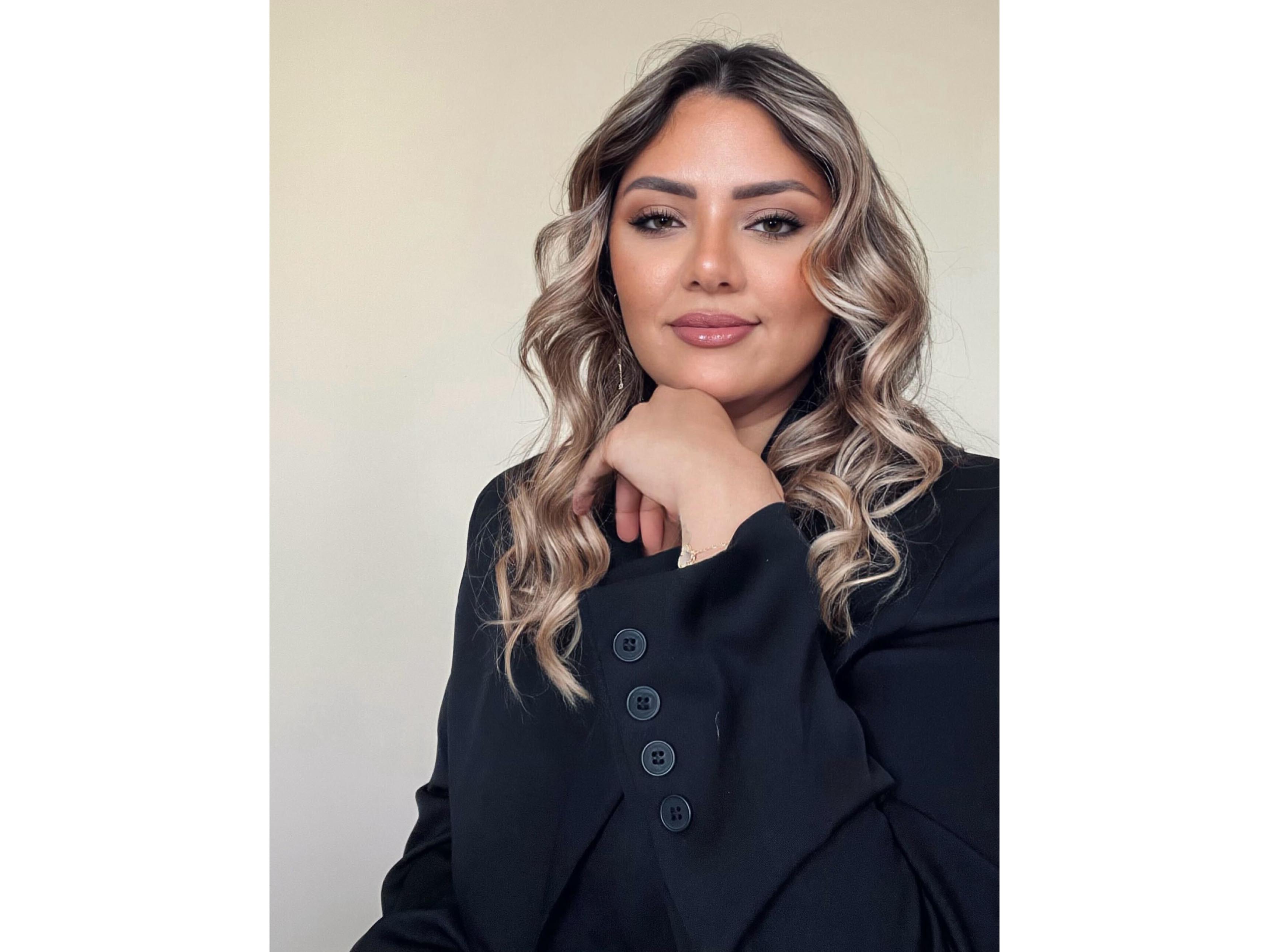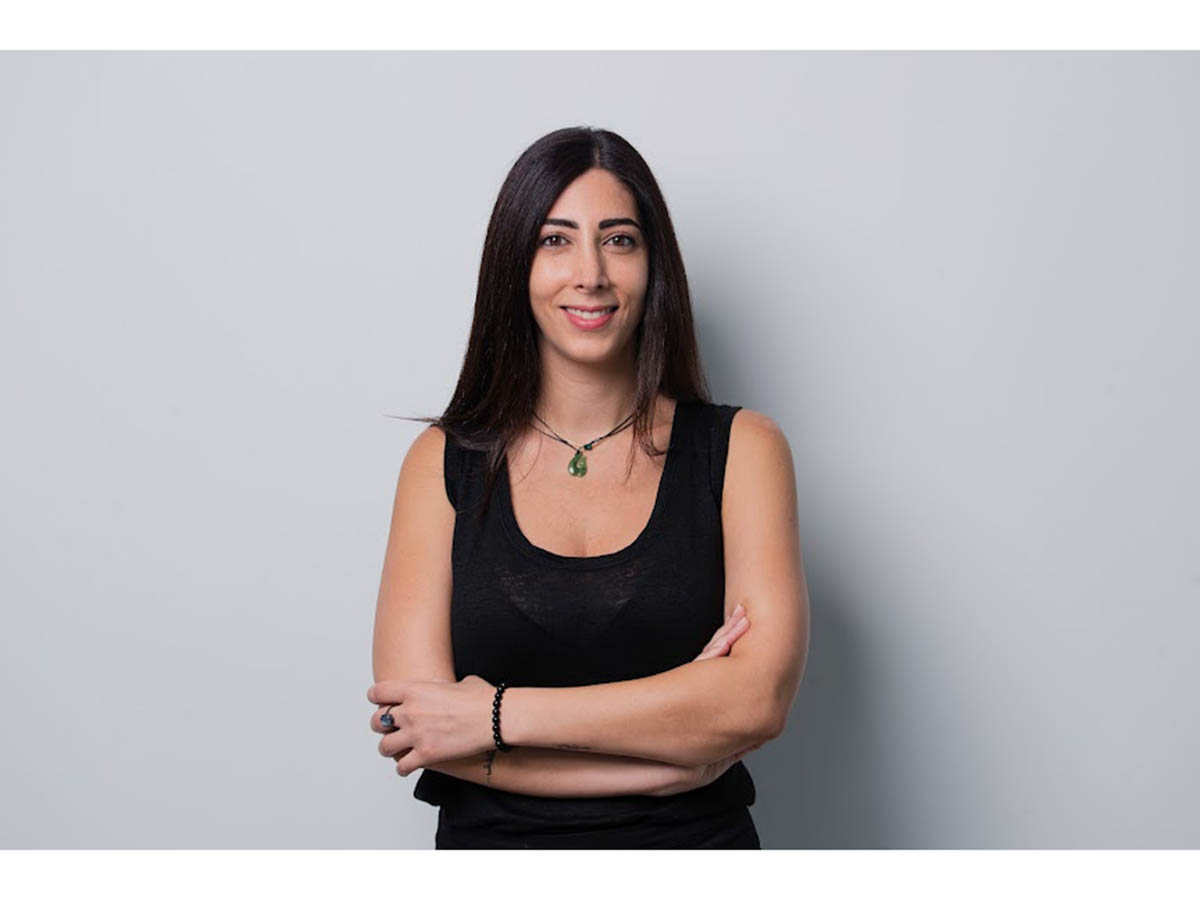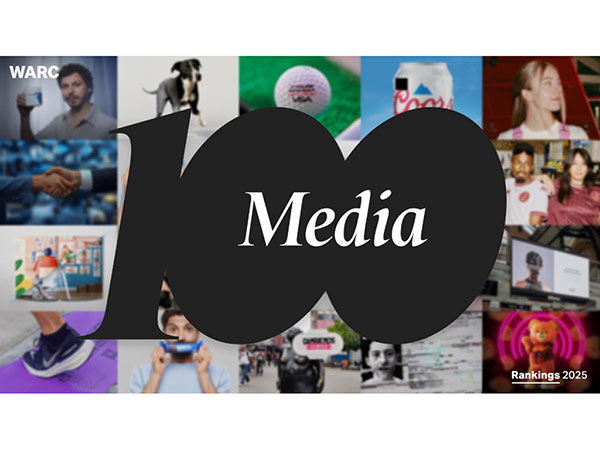News - Advertising
Going it alone
May 18, 2017

“Setting up an agency is easy,” says Rami Traboulsi, chief executive at Joe Fish in Beirut. “Creating a brand and its story is the hard part, which is how I treated Joe Fish from day one. As a brand by itself.
“You need the right office, the decoration, the story, the spirit, the mood, the employees, the clients. The only hard part for me was to transition from being a creative director to a mix between a creative director and the head of the company. Suddenly you think much more of budgets, client management, business development, employees, talent etc. That was the hardest part.”
Traditionally agencies have been launched by partners who combine client servicing, planning, creative and sometimes media, with the belief that they can offer an alternative philosophy or a better way of working. More transparency, less hierarchy, more openness and agility. The idea is that profit is a by-product of doing a good job.
In tough economic times where redundancies are common and the desire for entrepreneurial freedom is high, you face a situation where the number of independent agencies is increasing, particularly in Lebanon. In the majority of cases these agencies will have founding clients that follow them from their previous employer, while multidisciplinary talent is sometimes keen to work for boutiques that place a premium on personal wellbeing.
“Many creatives are moving from multinationals to independent agencies because of a more flexible lifestyle – better hours, better understanding of personal needs,” says Fady Karim, chief executive of theAdkitchen. “Our agency understands this and accommodates it, and you can’t put a price on that.
Supporting our employees’ lives is why they stay – it guarantees us a higher calibre of staff and long-term loyalty that we are proud of.”
Those agencies that are launched by account handlers with access to clients who just want to make money and are devoid of any unique selling point are likely to fail. So too are those that inadequately manage cash flow.
“There are so many new small independent agencies that are popping up in the region,” says Traboulsi. “Only the strong will survive and figure out how to transform and shift towards the unpredictable future.”
The practicalities of setting up an agency are sometimes far from straightforward. In the UAE you have to choose between a free zone or an onshore business licence and the costs can sometimes prove prohibitive.
It is possible to set up a company for as low as 13,000 dirhams, but that’s as a lone operator with no employees and no office space (but an office address). A licence with a single visa would creep up to around 21,000 dirhams. A licence with six visa allocations could set you back about 34,500 dirhams.
The total cost of setting up an agency, including office space and up to six visas? A budget of anywhere between 80,000 to 150,000 dirhams would probably be necessary.
“Our agency, Hug Digital, was born out of the shared vision of myself and my partner Oussama Jamal,” says Tim Baker, the agency’s managing partner and co-founder. “In 2009, we were both frustrated with the big agency mentality and felt that clients were looking for a simpler, straight-talking offering. We also believed in the power of digital communication and saw the rapid shift in consumer behaviour into digital media. Hug Digital was born. It wasn’t an easy journey. The first two years threw every challenge you can imagine. From office fit out delays, to cash flow challenges, to people and resource issues. Winning business was always easy. Retaining and delivering on your promises was where we had to dig deep.”
The agency still works with its first major clients, including Majed al Futtaim Leisure (Ski Dubai and Magic Planet). It initially pitched for the business with a company of four people. Seven years later it now has 140 staff in five countries and has defended the business in two pitches. It has also worked with Americana since its launch.
“The challenges make you stronger and the power of self belief, ethics and hard work can overcome any hurdles,” says Baker. “Trust your gut and take quick decisions. Be ready to experiment and change strategy based on daily learnings. In our business, we’re people powered. So value them and invest time and energy in training, development and creating a strong corporate culture and identity.”

















